Popular electric cars could be banned from Labour's £650million EV grant over net zero fears
Some of the most popular and sought-after electric vehicles on the market could be axed from Labour's Electric Car Grant, which is expected to launch soon.
Labour announced the Electric Car Grant in July as the latest move to boost the uptake of electric vehicles and disincentivise motorists from choosing petrol and diesel cars.
Manufacturers will be able to apply for the Electric Car Grant, which can see the price of a vehicle under £37,000 by as much as £3,750.
The grant is understood to be launching soon to help motorists make savings on their vehicles, although some manufacturers have already launched their own incentive schemes.
Do you have a story you'd like to share? Get in touch by emailing motoring@.uk
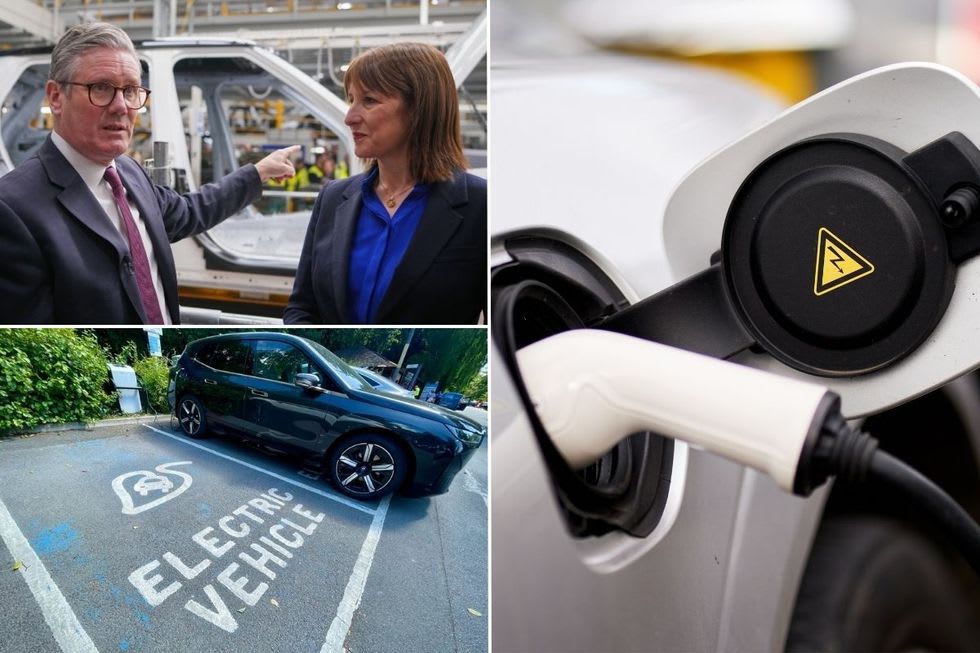
PA/GETTY
Some of the most popular electric vehicles on the market could fail to qualify for Labour's Electric Car Grant
Electric vehicles will need to meet a number of technical standards, including producing 0g of CO2 per kilometre at the tailpipe, eliminating all hybrid and plug-in hybrid models.
This is despite the Government backing the use of hybrids by allowing sales of new models past the 2030 deadline for petrol and diesel vehicles. Only new zero emission vehicles will be sold from 2035.
The cars must also have a minimum battery range of 100 miles (WLTP) and be an M1 passenger vehicle, meaning it is used for the carriage of passengers.
Cars with the lowest carbon emission scores will be able to take £3,750 off the price of the electric vehicles, while the second level of the grant is £1,500.
Automakers also need to adhere to Science Based Target requirements, which could see certain Chinese manufacturers miss out, despite their prevalence on the roads already.
Speaking at the time of the Electric Car Grant announcement, Lilian Greenwood MP said Chinese manufacturers may be unable to apply for the grant because many factories are powered by coal, which would go against Labour's sustainability criteria.
The Future of Roads Minister said: "Frankly, if you generate a lot of the electricity that powers your factory through coal power stations, then you are not going to be able to access this grant."
Ahead of the impending launch of the Electric Car Grant, GB News has rounded up some of the most popular vehicles which may not be included in Labour's £650million incentive scheme.
LATEST DEVELOPMENTS:
・British drivers risk huge £2,500 fine and points for 'straightforward' car error that could impact millions
・Vauxhall owner Stellantis to make 'tough decisions' months after closing Luton factory and axing 1,100 jobs
・Motorists face premium hikes of £1,000 and 'automatic' driving ban for road offences - 'Nowhere to hide'
BYD Seal
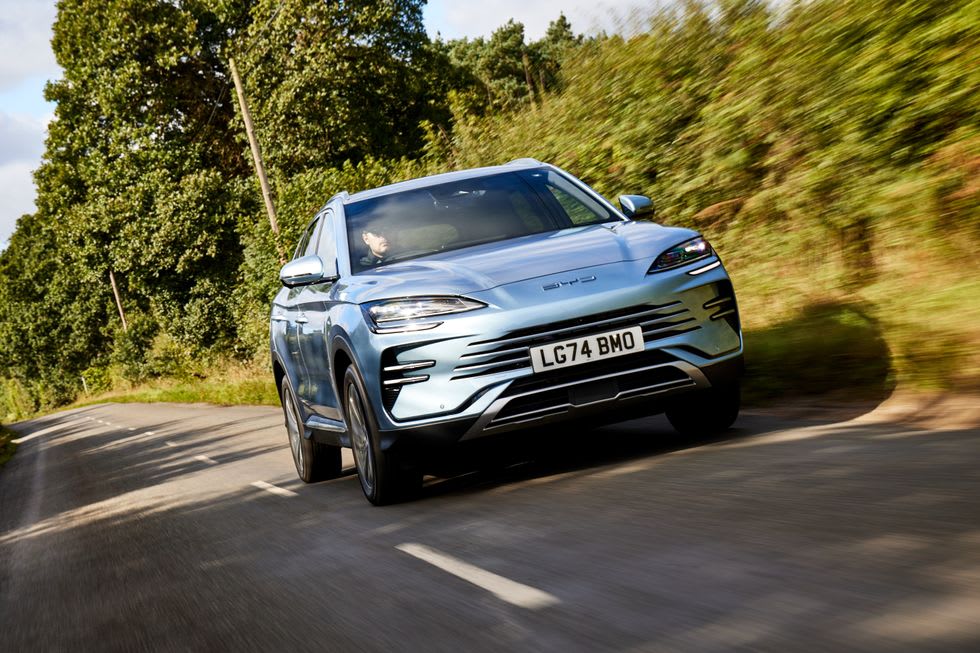
BYD
BYD Seal
Lilian Greenwood has seemingly closed the door to BYD and other Chinese manufacturers over fears they would not meet environmental credentials.
BYD, which is the fastest growing Chinese brand in the UK, could miss out on the Electric Car Grant, despite recording impressive sales figures, of almost 20,000 new registrations in the first six months of the year.
Despite this, Stella Li, executive vice president of BYD, described Labour's incentive scheme as "stupid" and claimed it would have a negative impact on the UK car market.
BYD currently offers the Dolphin Surf, Dolphin, Atto 2, Atto 3, Seal, and the Sealion 7, in addition to the Seal DM-i hybrid model.
Vauxhall Mokka
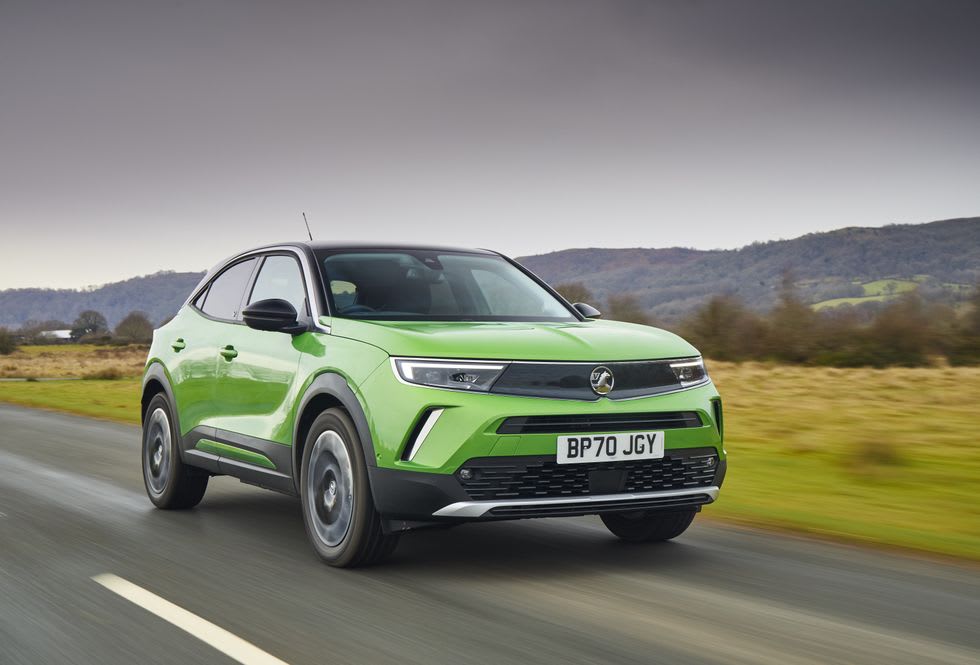
STELLANTIS
Vauxhall Mokka
Fiat Grande Panda
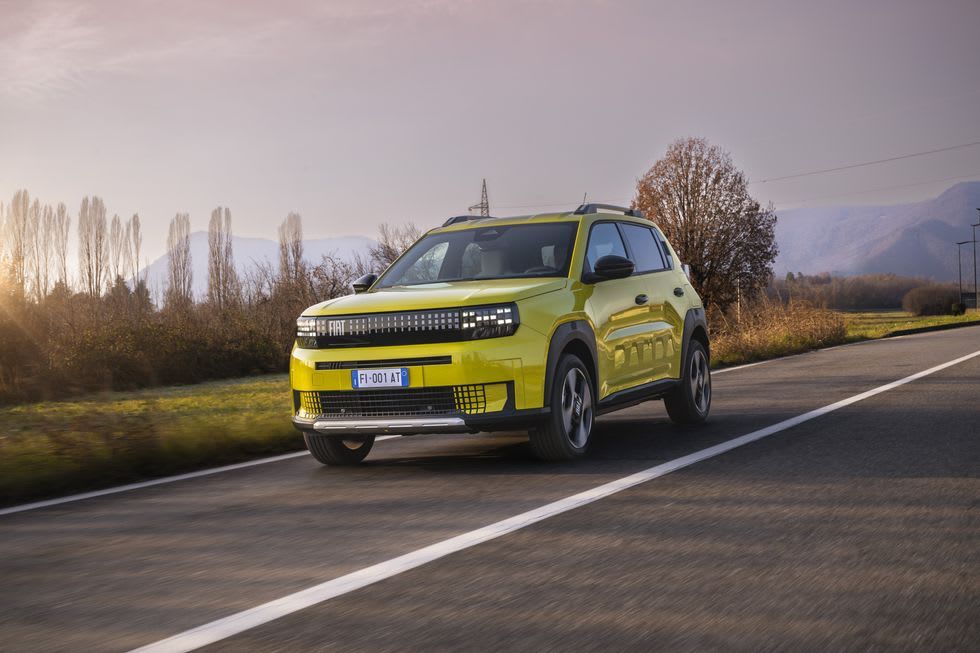
STELLANTIS
Fiat Grande Panda
The owner of Vauxhall, Fiat, Citroen and Fiat - Stellantis - may not qualify for the Electric Car Grant because of its work in Poland.
Data from the International Energy Agency (IEA) suggests that around 60 per cent of Poland's electricity is generated by burning coal, just like China.
A Stellantis spokesperson said: "We are making the necessary grant applications for customers of our electric vehicles and are confident that a wide range of these, manufactured in our plants in the UK and Western Europe, will be eligible."
Citroen Ami
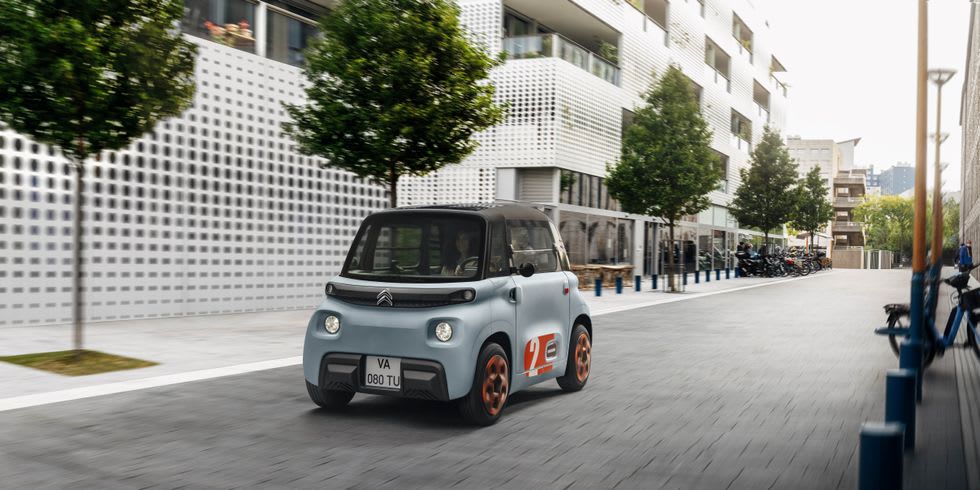
CITROEN
The Citroen Ami
While Citroen is also owned by Stellantis, the Ami will miss the cut for another reason: its battery range.
The vehicle, which is defined as a quadricycle, only has a maximum range of 75km (WLTP) or 46.6 miles, meaning it falls below the threshold for the Electric Car Grant.
While the grant will not apply to the Ami, the electric vehicle starts from a price of just £7,695.
Ford Puma
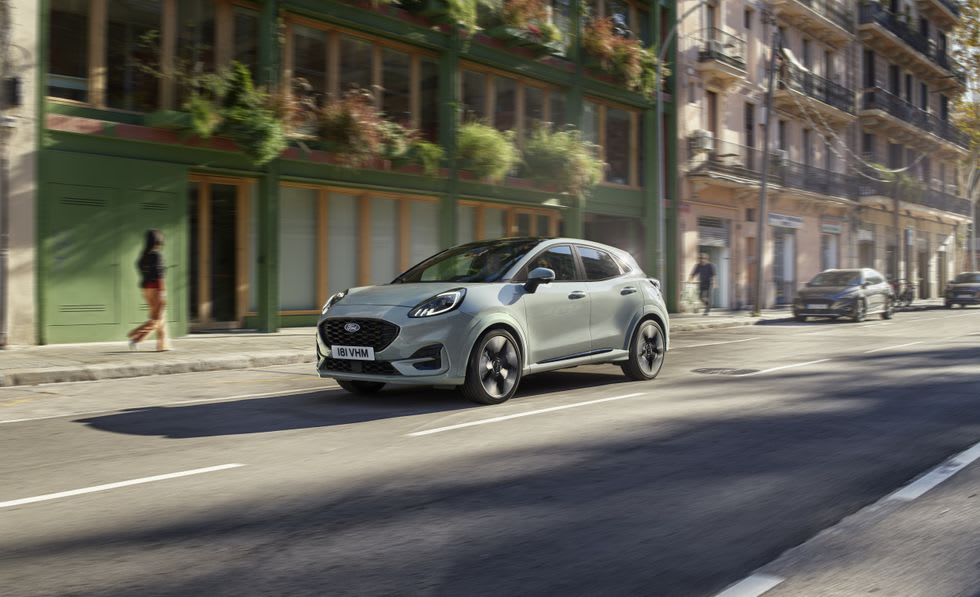
FORD
The Ford Puma
The Ford Puma was the best-selling vehicle in the UK last year, and continues its dominance at the top of the leaderboard so far this year with 26,355 new sales.
Since the Ford Puma is available as a mild hybrid model, the popular model will not be part of the Electric Car Grant.
However, its electric successor, the Puma Gen-E, could be included, provided the American manufacturing giant meets the Government's environmental and sustainability targets.